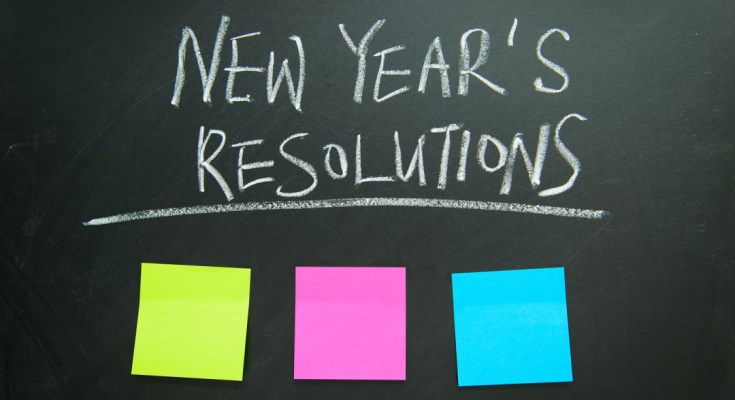In Vancouver, BC Tune in every Wednesday 6 – 7 PM to CFRO – 100.5 FM
Anywhere in the world by Stream, Satellite, TelusTv - How to Listen
Only last 10 shows are available to listen to for free - REGISTER NOW. Supporting Members have unlimited access to this and hundreds of other life changing programs - Click Here to sign-up
Listen in as we discuss the history of the New Years Resolution. Why we make them, why we do not keep them and most importantly, how to keep committed to that of which we resolve.Did you know that New Years Celebrations date back more than 4000 years ago with the Babylonians? They would make promises to their gods that they would return borrowed objects and pay their debts.
The Romans would make promises to the god Janus, the two faced god who looks back to the past and forward tot he future. January was named after this God.
In medieval times, at the end of the Christmas Season, the Knights took a “Peacock Vow” to re-affirm their commitment to chivalry.
Although most of us in western culture celebrate New Year’s day on the first official day of the Gregorian calendar, there are many different unique dates and New Year celebrations around the world. Here are five of them:
- Chinese New Year – every year the changing date falls between Jan. 21 – Feb. 21, depending on when the new moon of the first lunar month falls. The 15-day observance is the most important of the traditional Chinese holidays and is known as “Spring Festival.” This year it is the Year of the Dragon, specifically the water dragon. Festive spirits will be high with all kinds of celebrations as the dragon represents great power.
- Jewish New Year – Rosh Hashanah is the Jewish New Year. It is celebrated in autumn on the first two days of the seventh month of the Hebrew calendar. For Jews, it is a time of introspection and to look back at their mistakes over the past year and plan changes for the one ahead. The holiday is marked with the eating of apples dipped in honey as a symbol for for a sweet new year. Most often the day is spent in a synagogue, as it is one of the holiest days of the year.
- Islamic New Year – also known as the Hijri New Year. It falls on the first day of Muharram, which is the first month in the Islamic calendar. Special prayers are said and the appearance of the new moon is recorded in mosques. This is a fairly quiet new year celebration.
- Thai New Year – also called the Songkran is celebrated from April 13-15. One of the main activities is the throwing of water. Thais throw containers of water, use water guns, and even garden hoses to soak each other. The water is symbolic in the hopes that is will bring good rains in the new year. All Buddha statues and images are also cleansed for good luck and prosperity.
- Ethiopian New Year – also called Enkutatash, meaning the “gift of jewels.” It is celebrated at the end of the big rains. Dancing, singing, and celebrations happen as the people celebrate this spring festival. Some cities have spectacular religious celebrations although it is not exclusively a religious holiday.


You must be logged in to post a comment Login